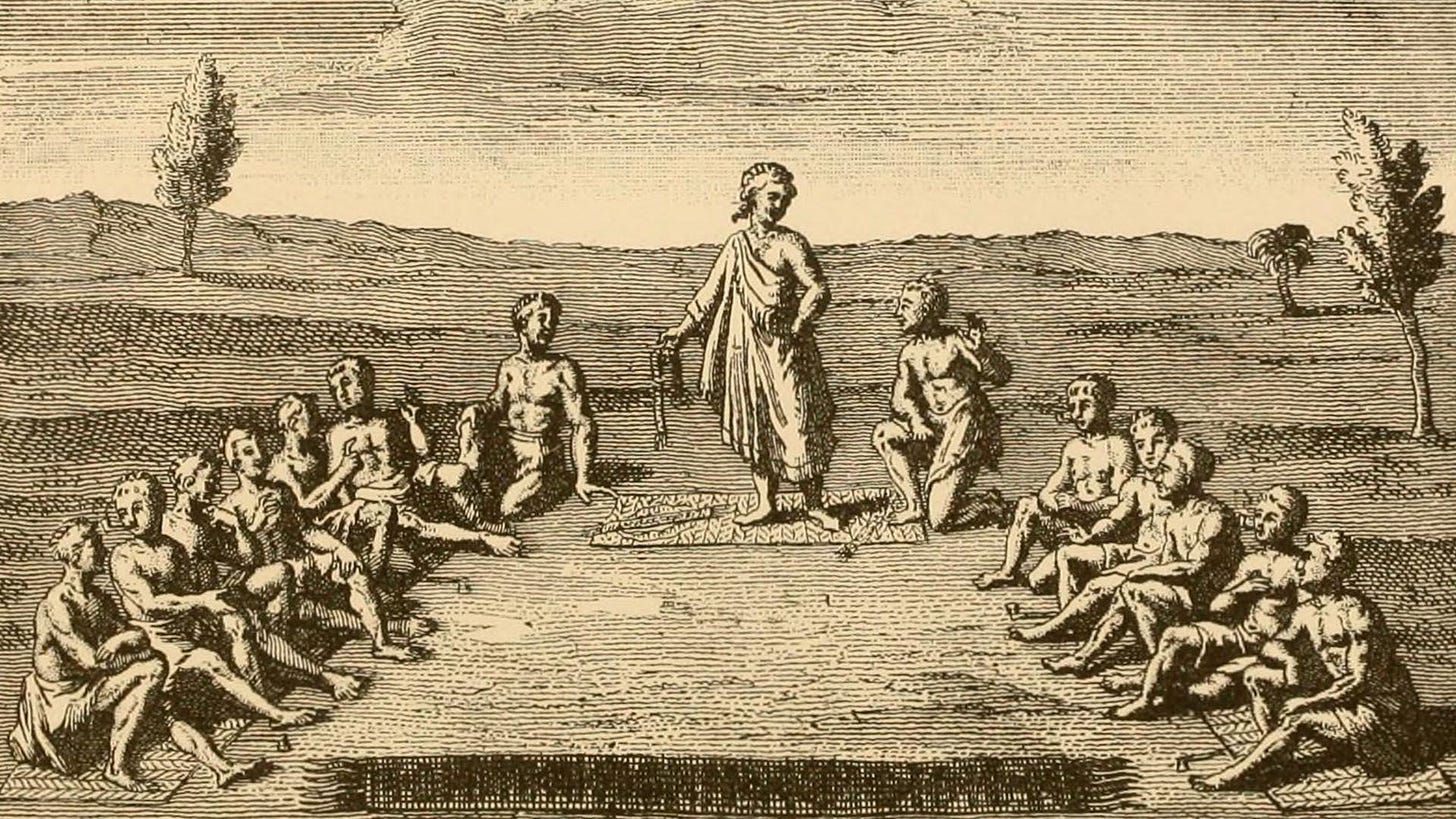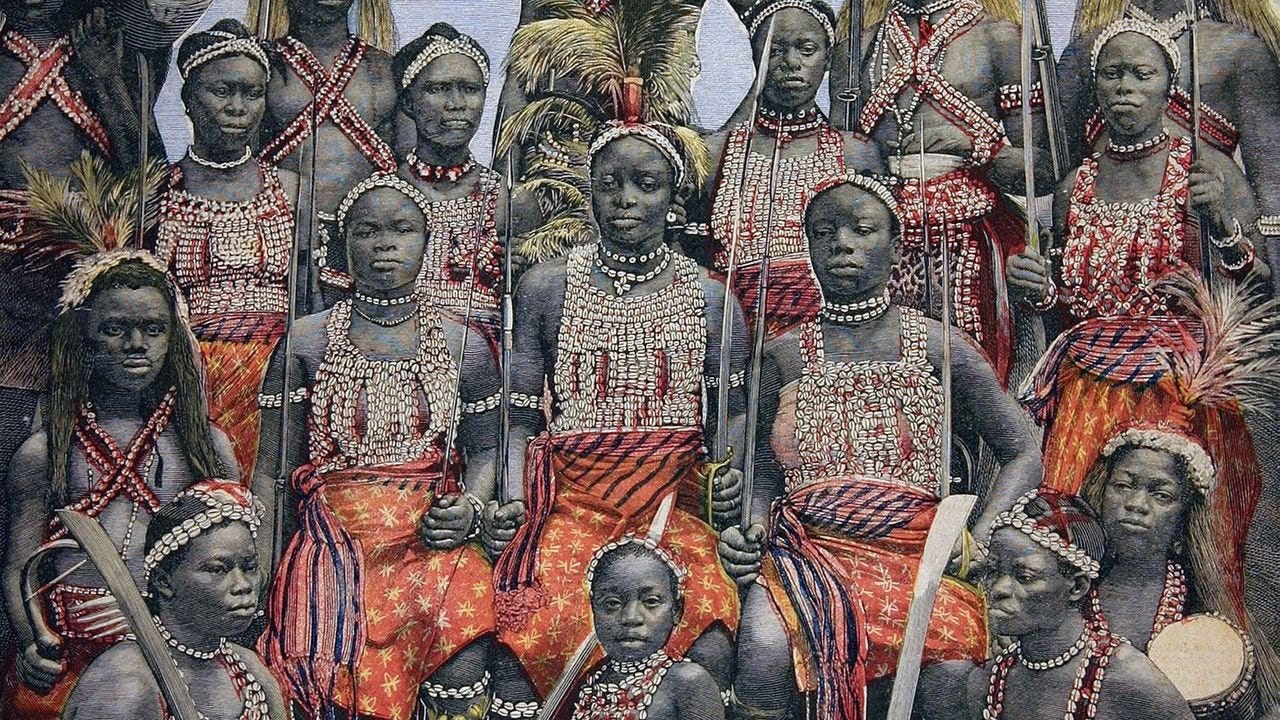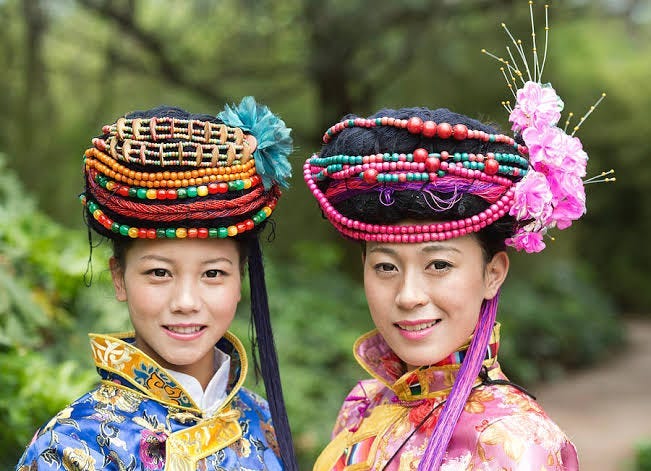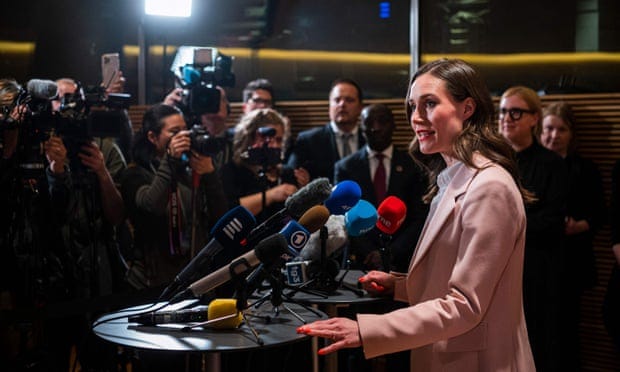Societies Led by Women Thrive—History’s Got the Receipts
Stronger Nations, Better Futures—It’s Time We Put Women in Charge

Recent events in the U.S. have left me angry, scared, and deeply reflective. As a 48-year-old man, a husband, and a father to an incredible daughter, the recent election felt like a gut punch—not just to women but to anyone who values progress, equity, and human dignity.
I’m terrified of what lies ahead. The undertones of authoritarianism in today’s political climate are undeniable. If that sounds dramatic, I encourage you to revisit history. Study the rise of figures like Adolf Hitler, Joseph Stalin, Mao Zedong, Pol Pot, or Benito Mussolini. Their playbooks are frighteningly similar to what we’re witnessing now, particularly in the vision outlined by Project 2025.
Despite this fear, I still believe in the resilience of democracy and the strength of hope. And above all, I believe in the power of women to lead us toward a brighter, more equitable future. This is not just wishful thinking; history and data offer clear evidence that societies thrive when women are empowered to lead.
Project 2025: Echoes of History’s Darkest Lessons
But before we get to that wishful thinking, let’s talk a bit about Project 2025—a blueprint that hearkens back and eerily resembles some of humanity’s darkest moments.
If you’re not familiar with Project 2025, its proposals include:
Centralization of Power: Project 2025 seeks to consolidate executive power, stripping away checks and balances much like Hitler's Enabling Act or Stalin's purges. This centralization is aimed at enforcing a rigid ideological agenda—just as these historical regimes did to cement their control.
Use of Surveillance: Project 2025 advocates for warrantless surveillance, granting unchecked power over citizens’ private lives. This mirrors the invasive tactics of Stalin's KGB or Mao's neighborhood spies—an essential tool for any totalitarian regime.
Suppression of Dissent: By proposing the use of federal forces against journalists and protesters, Project 2025 borrows directly from Mussolini's and Hitler’s playbooks. Silencing dissent through intimidation and brute force was the hallmark of their fascist control—and it’s happening again.
Ethnic and Social Targeting: Plans for mass deportations and family separations under Project 2025 starkly reflect the horrors of Pol Pot’s ethnic purges, Stalin's forced relocations, and Hitler's persecution of marginalized groups. The pattern is clear: dehumanization of "the other" to consolidate power.
Educational Censorship: Project 2025's push to censor critical classroom discussions eerily recalls Hitler, Mao, and Mussolini's efforts to control education and dictate ideology. It’s an attempt to shape the minds of the next generation, ensuring loyalty to a prescribed worldview.
Disenfranchising Voters: Limiting voter access is a core feature of Project 2025, echoing the strategies of fascist regimes that manipulated electoral participation to secure authoritarian control. By disenfranchising certain groups, the goal is to eliminate opposition and maintain power unchallenged.

Authoritarianism doesn’t arrive with a parade; it creeps in, cloaked in legislation and wrapped in promises of “order” and “security.”
I simply can't make sense of where we are. How did we end up in a world where divisiveness, bigotry, and the suppression of voices flourish?
It's a bleak moment, and I won't pretend otherwise.
But even in this darkness, a fragile glimmer of hope persists.
That hope lies in the resilience of women—the possibility of a future shaped by their strength, compassion, and wisdom. Despite everything, I still believe in the arc of democracy. It is long, it bends, and while its direction is not always clear, it ultimately moves toward justice. At the moment, this feels like an aspirational thought, but one that embodies the glimmer of hope I so desperately need.
If women are empowered, I believe they can lead us out of this darkness. Societies led by women are more unified, mindful, and compassionate. They treat all people—friends, family, strangers—with the dignity and respect they deserve. This isn't wishful thinking; history offers examples where female-centric and matriarchal systems thrived, bringing about social cohesion, economic prosperity, and cultural flourishing.
The Power of Societies Led by Women
Since the dawn of time, women have been marginalized, their voices suppressed, and yet despite overwhelming opposition, societies flourish precisely because they embraced female leadership.
Consider the Iroquois Confederacy, where women played a central role in governance. Clan mothers appointed the male chiefs and had the authority to remove them if they failed to act in the community’s best interest. This balance led to stability and effectiveness, demonstrating the power of inclusive governance when women are not just included but central to decision-making.

Take Dahomey, a kingdom in West Africa where the Agojie—a corps of fierce female warriors—symbolized strength, resilience, and empowerment. These women were celebrated, and they played a pivotal role in protecting and shaping their society. Dahomey thrived because they recognized the value of women's strength—a powerful testament to the success that comes from elevating women.

The Mosuo people of China offer another example. Their matrilineal society emphasizes collective well-being over individual dominance, with women leading households and controlling economic decisions. Their stability, community cohesion, and shared sense of responsibility show us an alternative model that works. While not a matriarchal society, this structure, at the very least, represents a deep cultural respect for women.

Finland - A Case Study in Empowering Women
Recently, I traveled to Helsinki for a work conference. Prior to this trip, I conducted my standard pre-destination research, this time into Finland's culture and history. I was particularly struck by the prominence of female leadership. Finland consistently stands as a beacon of progress, with women comprising nearly 46% of the national parliament—among the highest representation globally. This gender equity in leadership correlates with Finland’s frequent ranking as one of the happiest countries in the world, a position it has held for six consecutive years, according to the World Happiness Report.
The government’s focus on social welfare, which includes policies that almost entirely eradicated homelessness, has fostered an inclusive society where well-being thrives.
In fact, Finland’s "Housing First" policy ensures that housing is a basic right, not a privilege. The convergence of gender equality, a robust social safety net, and empathetic governance reveals a model where leadership is not just about economic metrics but about cultivating an environment that prioritizes happiness, security, and dignity for all citizens.
A major contribution to Finland’s already amazing culture was, Sanna Marin, the youngest-ever Prime Minister. She led a government coalition largely composed of women from 2019 until 2023. During her time in office, Finland handled the COVID-19 crisis with remarkable efficiency and joined NATO amidst rising tensions in Europe. Her leadership brought global attention to how empathy, collaboration, and resilience are vital for navigating crises. Marin's coalition showed the world what effective, people-centered leadership looks like in the face of adversity.
And yet, despite all the good her coalition did for the people of Finland, she was ousted by the very ones they had served so well during her time in Parliament.

The Benefits of Female Leadership
These examples aren't isolated anomalies; they're part of a broader pattern. Societies that elevate women—where leadership is balanced and women's voices are central—tend to be more cohesive, equitable, and prosperous. In times of crisis, these societies show remarkable resilience.
Economically, the evidence is also there. When women control resources, as in Kerala or among the Mosuo, wealth tends to be distributed more equitably. It's focused on long-term prosperity rather than short-term gain. In our world, dominated by quick profits, we desperately need that kind of foresight.
Hope Amidst Uncertainty
We're living in uncertain times. Many people are frightened, as I am. But I also know that hope is the antidote to despair. When I look at the examples of matriarchal, matrilineal, and generally female-empowered societies, I see proof that there's another way—a better way.
This isn't just about politics or governance; it's about humanity. It's about building a world where my daughter, your daughters, and all our children can grow up in a society that values empathy over aggression, collaboration over domination, love over hate.
A Call to Action
I believe that this moment in history serves as a call to action. We need to rethink what leadership looks like. We need to elevate women—not just because it's right, but because it's necessary for our collective survival. We must learn from societies that have thrived under the leadership of women and apply those lessons to build a more just, equitable, and compassionate world.
If you’re a man and still reading this article, thank you! Now, I challenge you to take it a step further. It’s time to use our privilege and our voices to act—to speak out and stand up for women’s rights.
Vote for Women: Support candidates who prioritize equity and inclusivity.
Advocate Relentlessly: Use your voice to challenge systems that suppress women’s leadership. And if “locker room” talk comes up, don’t stay silent—speak up.
Mentor and Empower: Encourage the women in your life to step into leadership roles. Stand by them, because they’ve always had your back.
Stay Informed: Understand the policies and movements threatening our democracy, and speak out against them.
I am angry. I am scared. But I am also hopeful. Hope is what propels us forward—it fuels our ability to envision a better world and gives us the strength to fight for it.
I firmly believe that our collective hope rests in the power of women—their resilience, wisdom, strength, and unwavering commitment to upholding dignity and decency for all.



